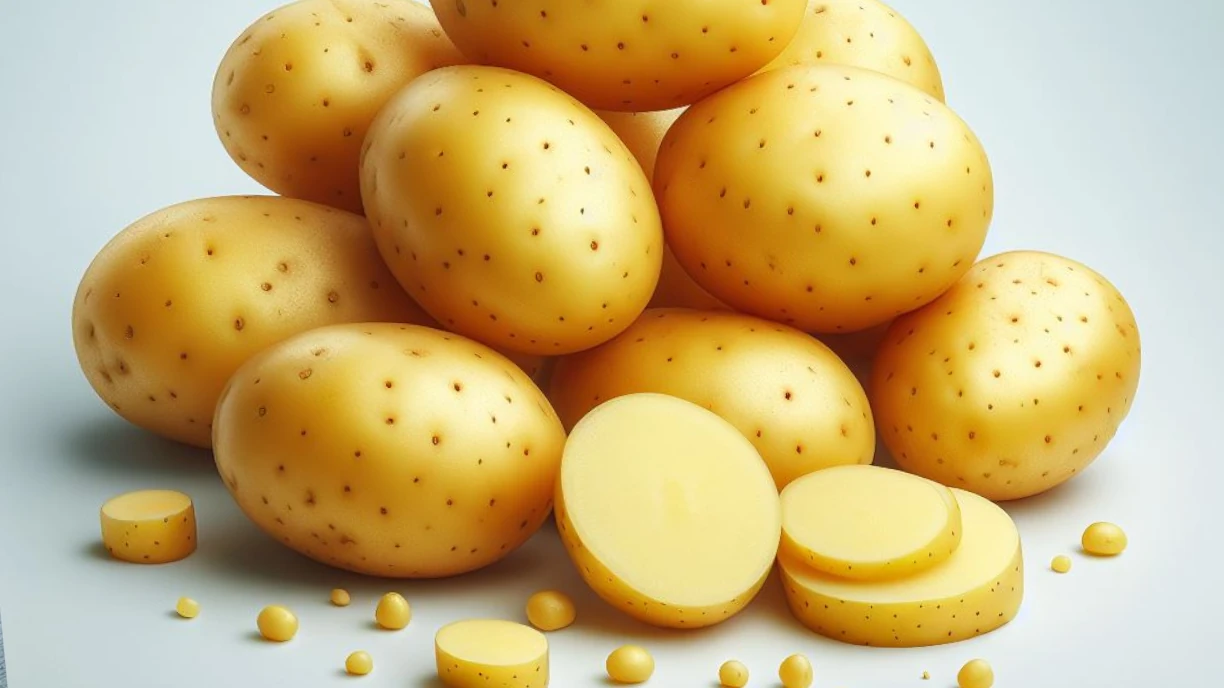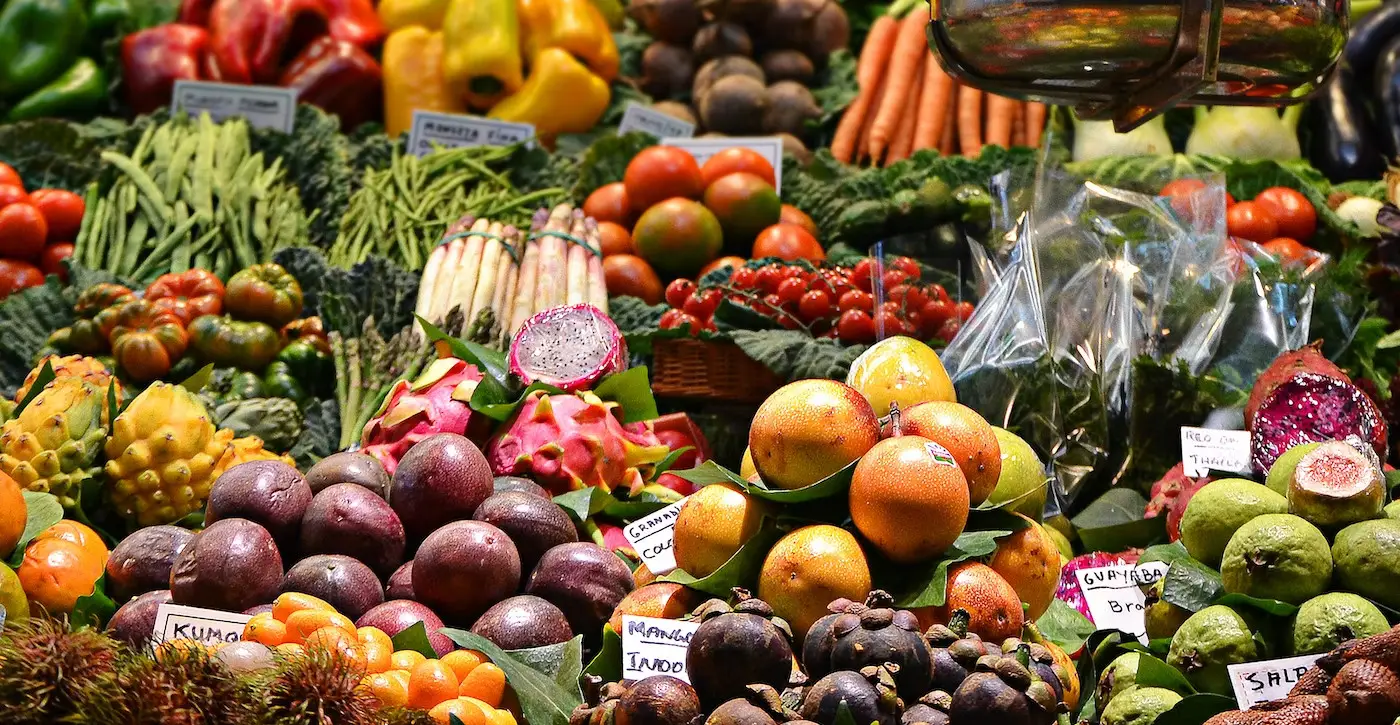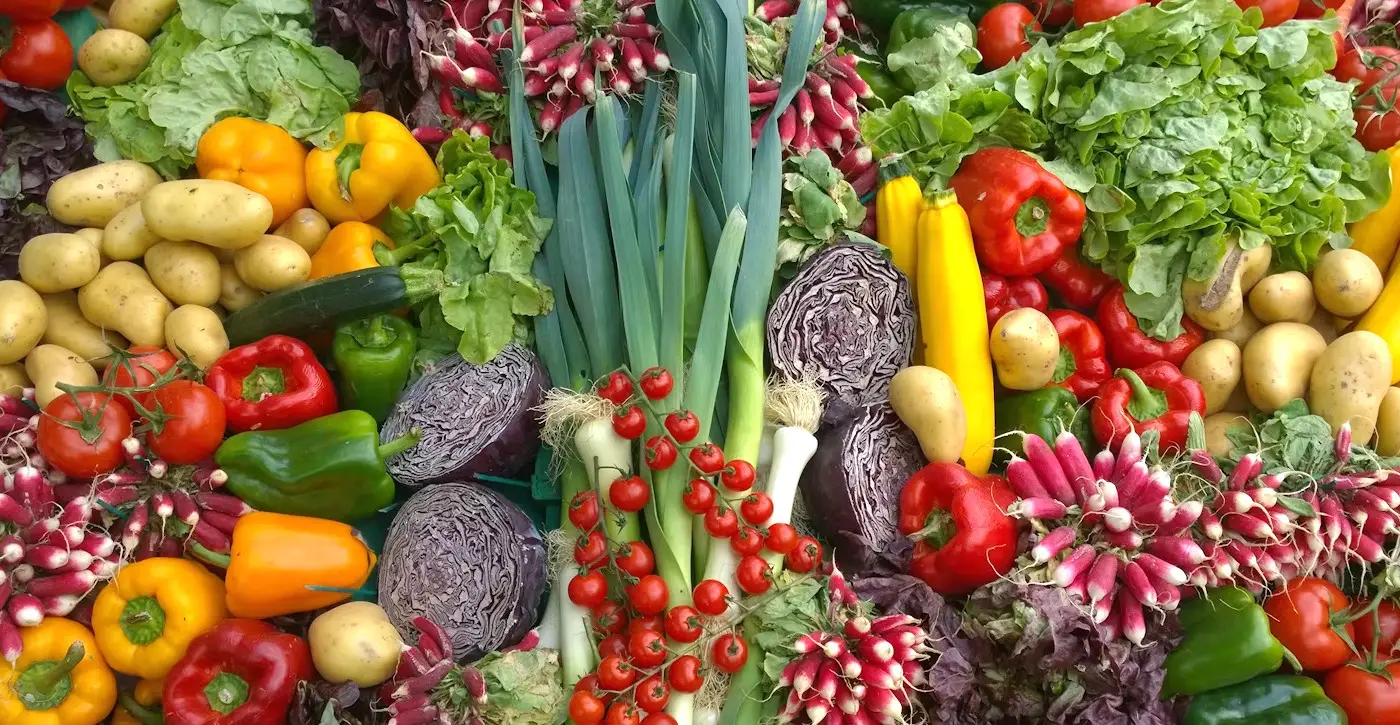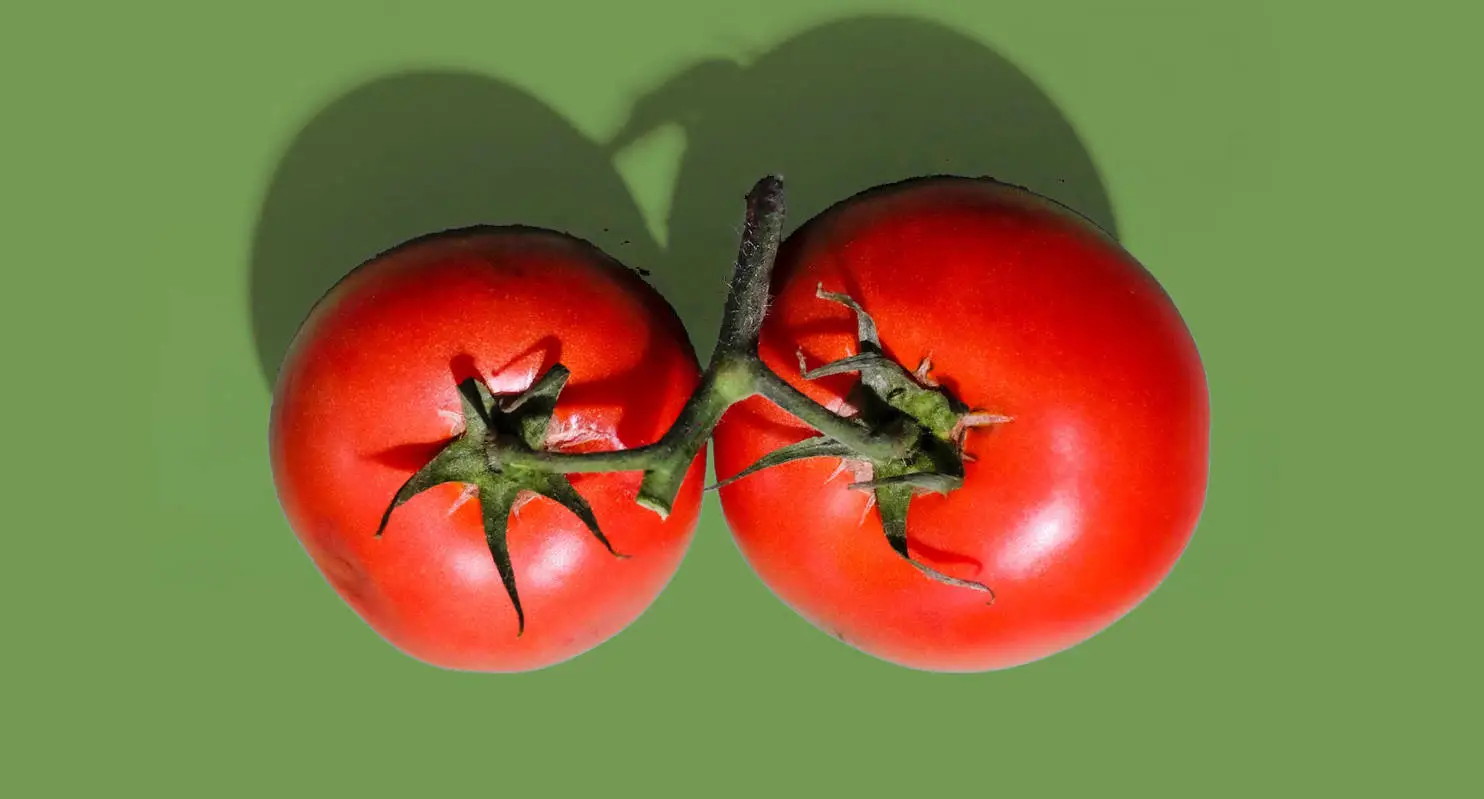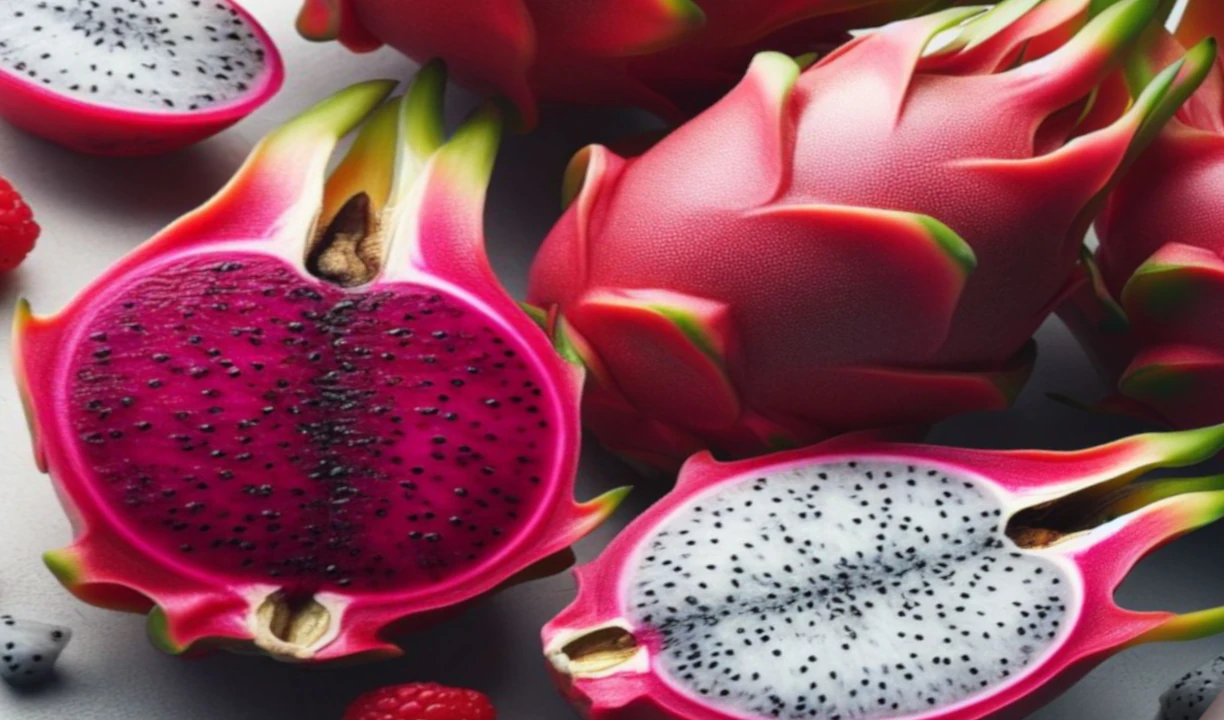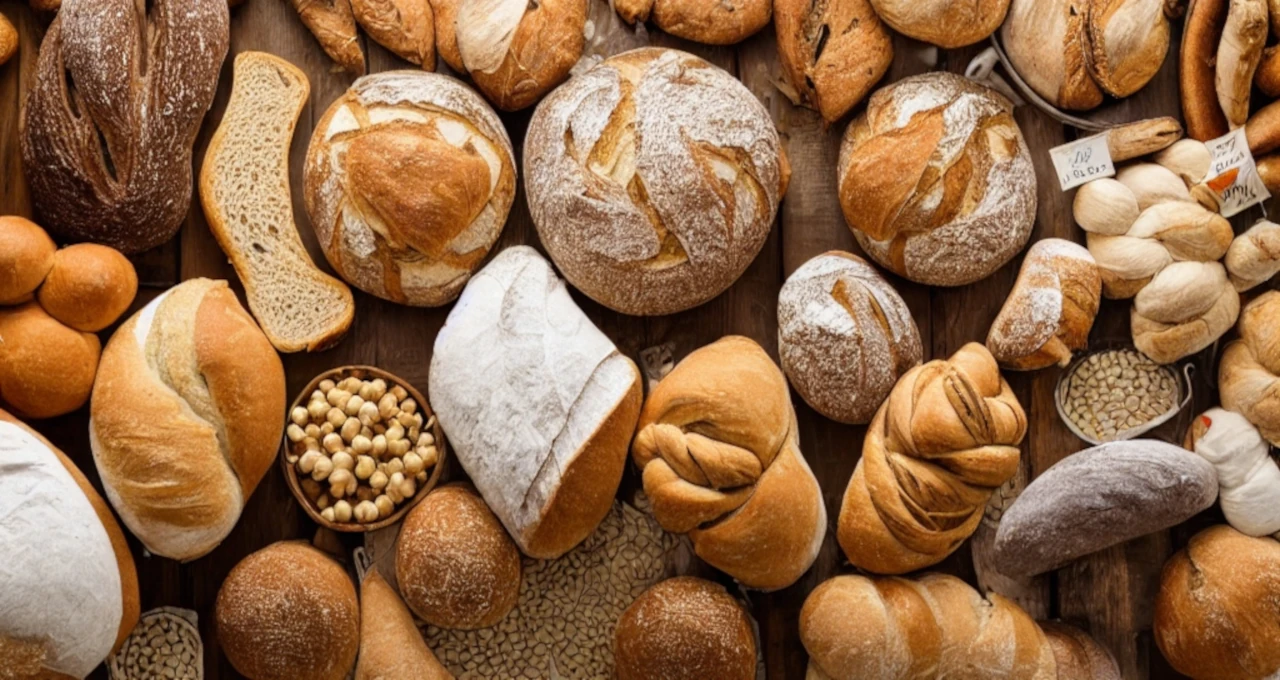Lettuce, Iceberg Lysine and Arginine Info Sheet
Overview
Lettuce, iceberg is a type of lettuce that has round, pale green, and crunchy leaves. It is often used in salads, burgers, and tacos.Lettuce, iceberg is low in calories, but high in water, vitamin K, and vitamin C.
It also contains some phytochemicals, such as flavonoids, phenolic acids, and glucosinolates.
| Name | Lysine (mg/100g) | Arginine (mg/100g) | Ratio |
|---|---|---|---|
| Lettuce, Iceberg | 80mg | 69.33mg | 1.154 |
Lettuce, Iceberg contains 80mg of Lysine and 69.33mg of Arginine per 100g of product.
This means Lettuce, Iceberg has a neutral Lysine-Arginine ratio of 1.154.
Because Lettuce, Iceberg has a neutral ratio of lysine and arginine, it does not have a significant impact on people who suffer from herpes, as it does not affect the viral activity.
Lysine Considerations
Lettuce, iceberg is a moderate source of lysine, as it provides about 16% of the RDI per 100 grams.
Lysine is an essential amino acid that is important for collagen synthesis, immune function, and calcium absorption.
Lysine has the potential to prevent or treat cold sores, which are blisters caused by the HSV-1 virus, also known as herpes.
Lysine operates by inhibitnig the proliferation of HSV-1, which relies on another amino acid, arginine, to reproduce and infect cells.
Lysine can only be acquired through our diet, and is present in different high-protein foods such as eggs, milk and cheese, fish, meat and poultry.
Arginine Considerations
Lettuce, iceberg is a low source of arginine, as it provides only about 6% of the RDI per 100 grams.
Arginine is a semi-essential amino acid that is involved in nitric oxide production, wound healing, and urea cycle.
Arginine has different functions in the body, including wound healing, helping the kidneys remove waste products from the body, and maintaining immune and hormone function.
Arginine also plays a role in the replication of the herpes virus, making it a key factor in cold sore outbreaks.
The herpes virus requires arginine to grow, replicate, and create new herpes viruses.
Foods a good source of arginine, such as nuts and chocolate, may increase the frequency and severity of these outbreaks.
Lysine-Arginine Ratio
Lettuce, iceberg has a high lysine-arginine ratio, which means that it may be beneficial for people who have herpes simplex virus (HSV) infections.
HSV requires arginine for replication, and lysine may inhibit its growth.
Therefore, foods with a high lysine-arginine ratio may help prevent or reduce HSV outbreaks.
Lysine and arginine are both amino acids that are involved in protein synthesis and other metabolic processes.
That said, they have opposite effects on the herpes simplex virus, which causes cold sores and genital herpes.
Lysine can stunt the replication of the virus, while arginine can stimulate it.
Because of this, eating foods that have a high lysine-arginine ratio may help reduce the frequency and severity of herpes symptoms.
Some examples of foods that have a high lysine-arginine ratio are milk and cheese, fish, poultry, fruits, and vegetables.
These foods can provide the body with enough lysine to block the uptake of arginine by the virus, and thus prevent its growth and spread.
Dietary Considerations
Most vegetables are low in in calories and high in in vitamins, minerals, and antioxidants.
Many vegetables have more lysine than arginine, such as beets, turnips, tomatoes, soybean sprouts, potatoes, celery, sweet potatoes, squash, and green beans.
These vegetables can help prevent or treat herpes outbreaks, as lysine can suppress the herpes virus.
Other vegetables have more arginine than lysine, such as peas, carrots, broccoli, cauliflower, and mushrooms.
These vegetables can still be consumed in moderation, as they have other health benefits.
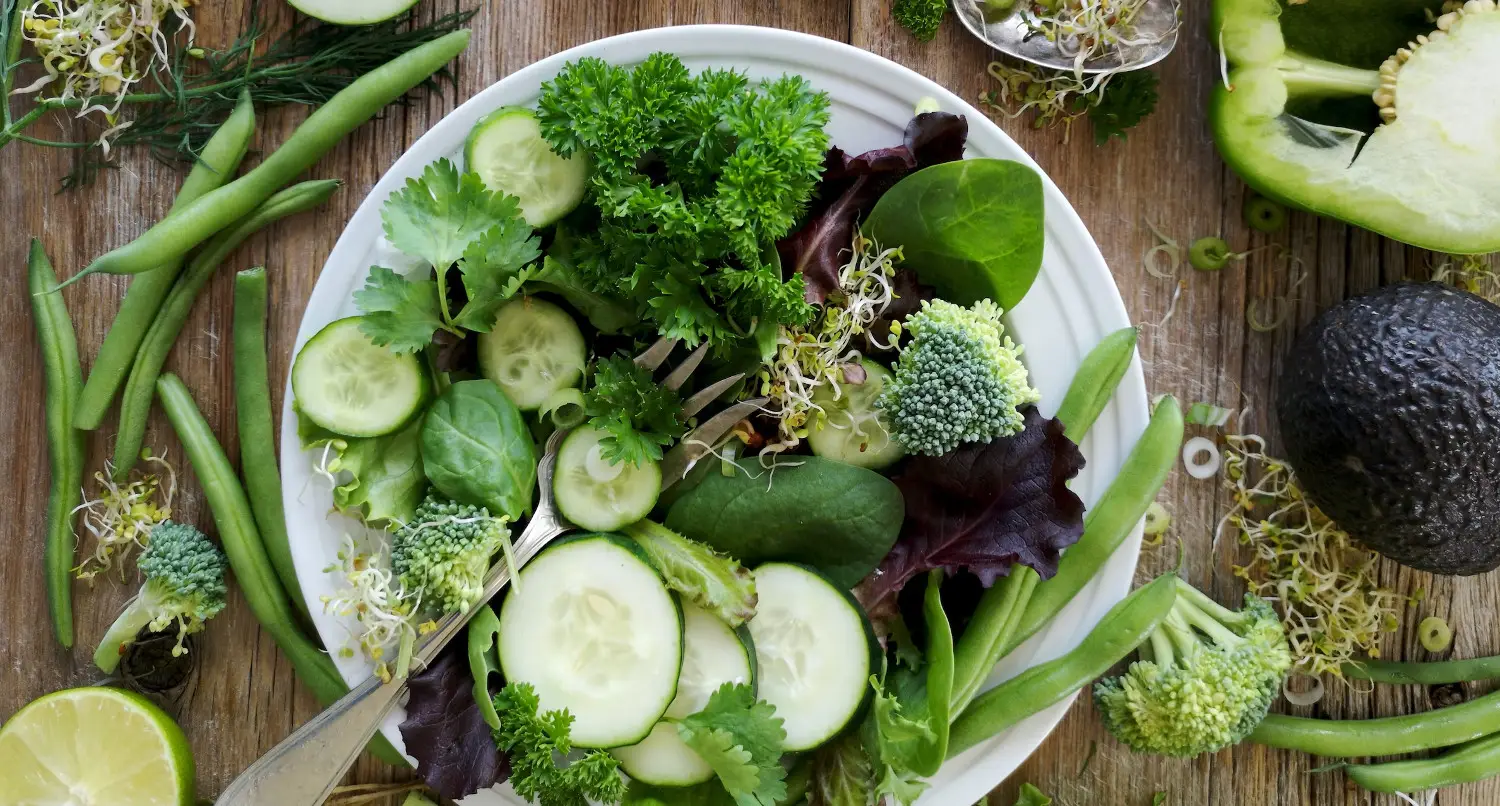
For instance:
A well-balanced and healthy diet that strengthens your immune system and lowers inflammation is important.
This means you should eat a lot of fruits, vegetables, whole grains, lean protein, and good fats, and avoid processed foods, added sugars, alcohol, and caffeine.
You may want to take l-lysine supplements.
L-lysine is known to prevent herpes outbreaks and it can help stop a cold sore in its initial stages by "starving" the virus of arginine before it has a chance to cause a cold sore.
Taking other food supplements that can improve your immunity and protect your cells from oxidative stress, such as vitamin C, zinc, selenium, and antioxidants.
Your immune system can be weakened and inflammation can be increased by foods that can cause allergic reactions or sensitivities, such as gluten, dairy, nuts, eggs, or shellfish. Avoid these foods to avoid outbreaks.
Check more food information
